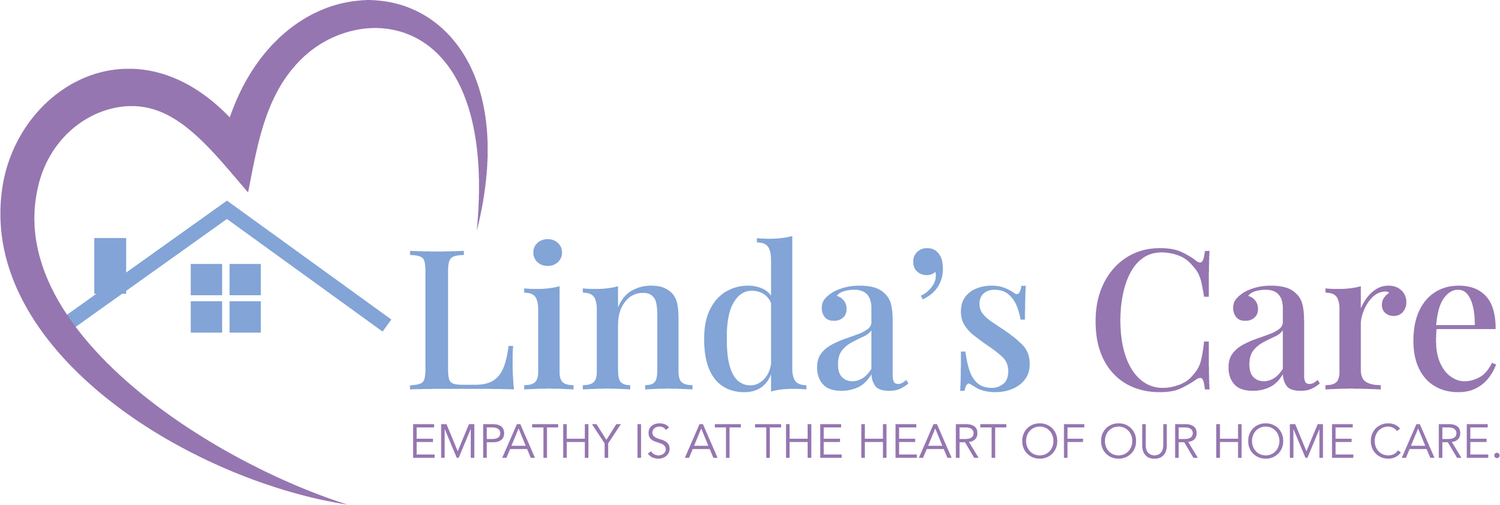How Much Does Home Care Cost In PA?
When elderly individuals begin to need more assistance in their activities of daily living, they and their families have several possibilities to explore. Budget is a primary concern in many families, as the need for home care will always come at a cost. While families may try to cover their loved one’s home care temporarily, it often becomes evident that professional care is needed.
When researching the cost of home care, seniors and their families need to assess both their needs and their current resources. With the right planning, home care is usually much more affordable than moving into a senior care community.
Determine When and What Kind of Care is Needed
The kind of care an elderly person aging at home needs, and when they need it, will impact the cost of home care. Some care is covered by insurance, which reduces the family’s out-of-pocket expenses. Sometimes, the care needed is only temporary or for very limited hours per week because the individual is still self-sufficient or the family can handle most of the care.
To determine the type of care needed, consider the following:
Does the individual have medical needs, need help administering treatment, or require therapy?
Can the individual independently rise out of bed, bathe, use the bathroom, get dressed, move about the home, prepare meals, and take medications?
Is care being prescribed by a physician because of progressive disease, illness, injury, or a medical procedure?
Is the individual experiencing a progressive cognitive disease that impacts their independence?
Are the needs more for socialization with minor assistance in personal care?
Is the individual a veteran, or have they been diagnosed with a disability?
Next, think about when care is needed most:
Is the individual able to manage daily activities independently once up and dressed for the day?
Can family members provide care and socialization most of the time?
Is care only needed temporarily while recovering from a medical event?
Is care only needed intermittently to give family caregivers a break?
Is skilled medical care needed for working specific equipment or administering treatment?
Often, when individuals and their families take a critical look at how much care is needed and at what times, they can determine the optimal amount and type of care that will minimize their out-of-pocket expenses.
Insurance Coverage for Home Care in PA
If an individual’s doctor determines that home health care is needed due to an illness, injury, or medical procedure, Medicare typically covers the cost. This kind of care must be for a limited time or intermittent. It covers skilled nursing care, a home health aide, medical equipment, and therapy. Medicare only covers home health care when prescribed by a doctor and when the individual cannot physically leave their home for care.
Long-term care insurance varies by policy, but it typically covers a daily dollar amount of care for skilled home health care, respite care to relieve a family caregiver and care in an adult day care center. Other private insurance policies may also cover home care. The type and amount covered vary by policy.
Medicaid is an excellent resource for covering the cost of home care. The Pennsylvania Medicaid program for care is called the Home and Community-Based Services, though it is more commonly known as the waiver program. When elderly individuals choose to age at home, Medicaid allows them to use the funds that would have paid for a long-term care facility to pay a home care agency. The current Medicaid reimbursement rate for home care agencies in PA is between $17.52 and $19.52 per hour.
Through this program, individuals typically work with a Medicaid approved home care agency to receive home care assistance or companion care. Home care assistants provide non-medical care to aid seniors with their activities of daily living. Services include assistance with moving about the home, grooming, bathing, meal preparation, light housekeeping, medication reminders, and general companionship.
The Average Cost of Companion Care and Home Health Care
In Pennsylvania, the average hourly cost of home care is between $20 and $26. The median cost of home care for the entire U.S.A. is $26 per hour, so Pennsylvania is in line with the rest of the country. Though this is a large expense to many families, it is worth it to know that their loved one is being competently cared for in their own home where they are most comfortable.
To keep home care most affordable, individuals and families should work with all of their insurance coordinators to make use of every resource. The cost of care can usually be subsidized in some way to remain affordable. Of course, only contracting the hours of care that are definitely needed will keep costs low as well. Doctors will also help seniors obtain the right type of care by prescribing the skilled nursing or therapy services that might be necessary.
Linda’s Care was founded on the desire to help aging adults, veterans, and people with disabilities live full and satisfying lives. Our mission is to help seniors and their families obtain the right kind of home care at the most affordable rate from caregivers who treat them with empathy and respect. If you have questions about home care services and how to determine what is the right plan of care for you or your loved one, contact us today. Linda’s Care provides affordable and high-quality non-medical home care services in Philadelphia, Montgomery County, Bucks County, Chester County, and Delaware County.
